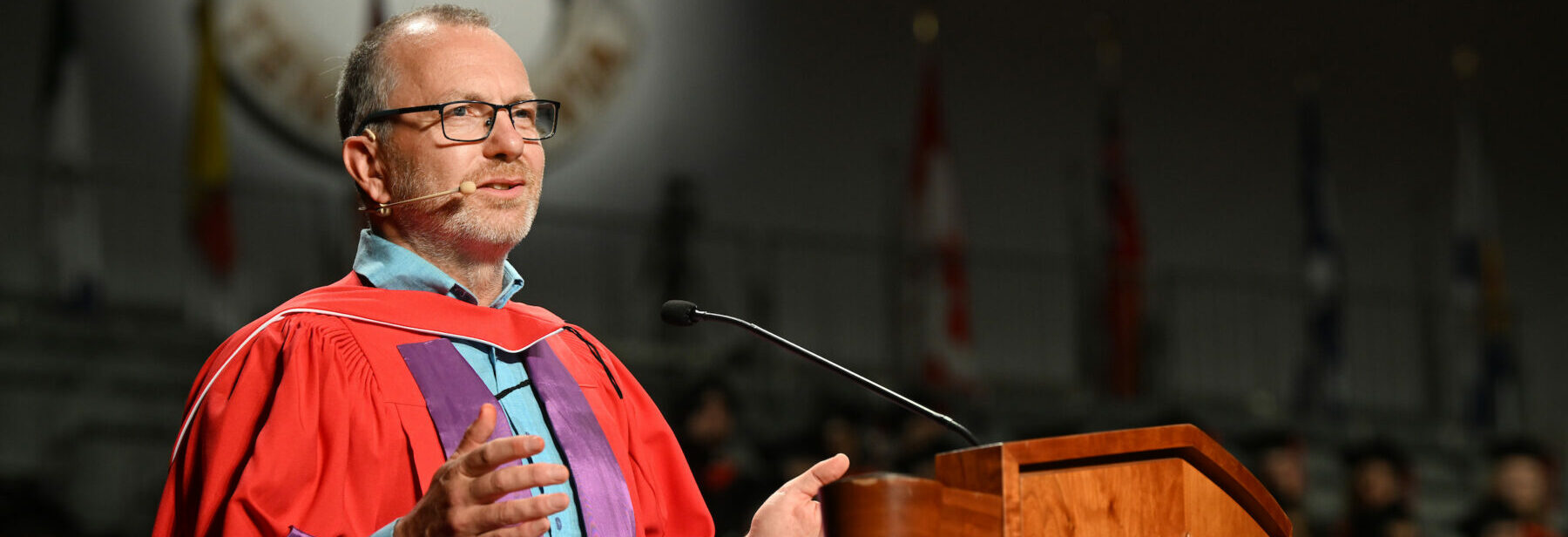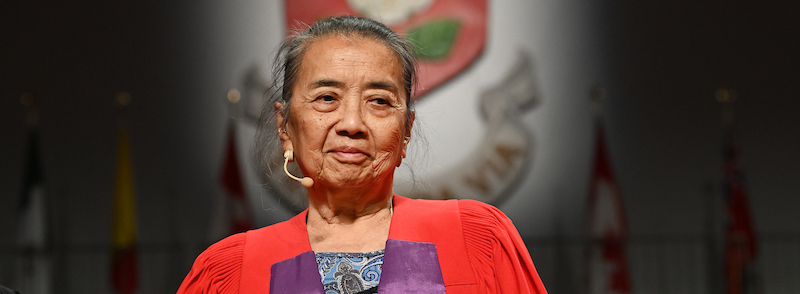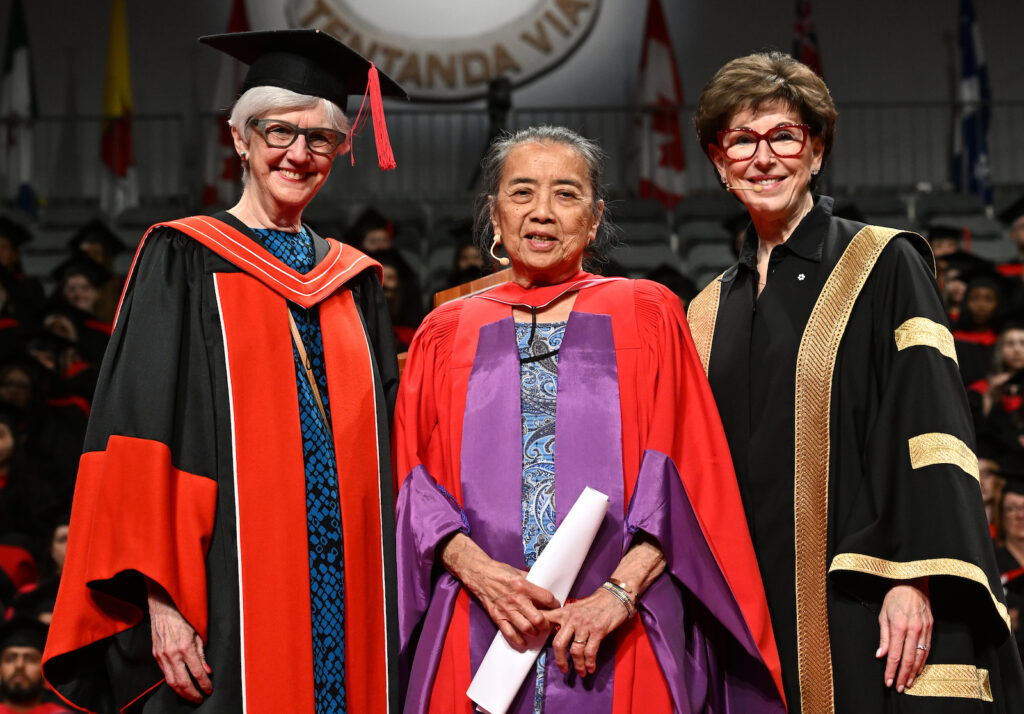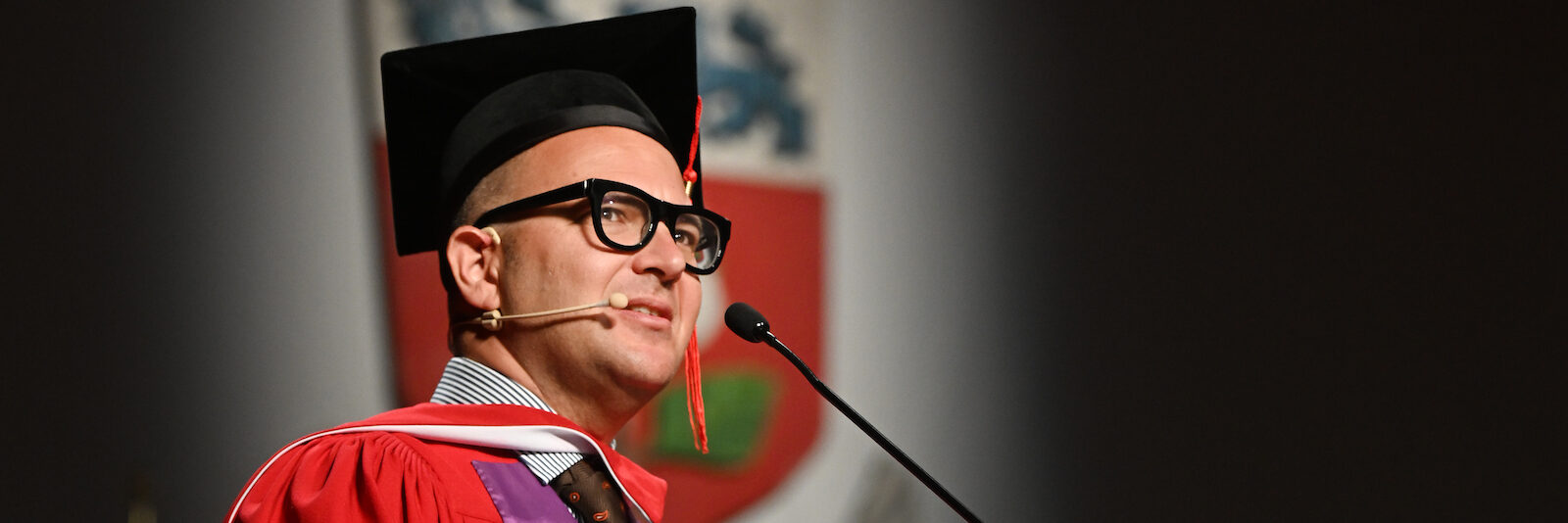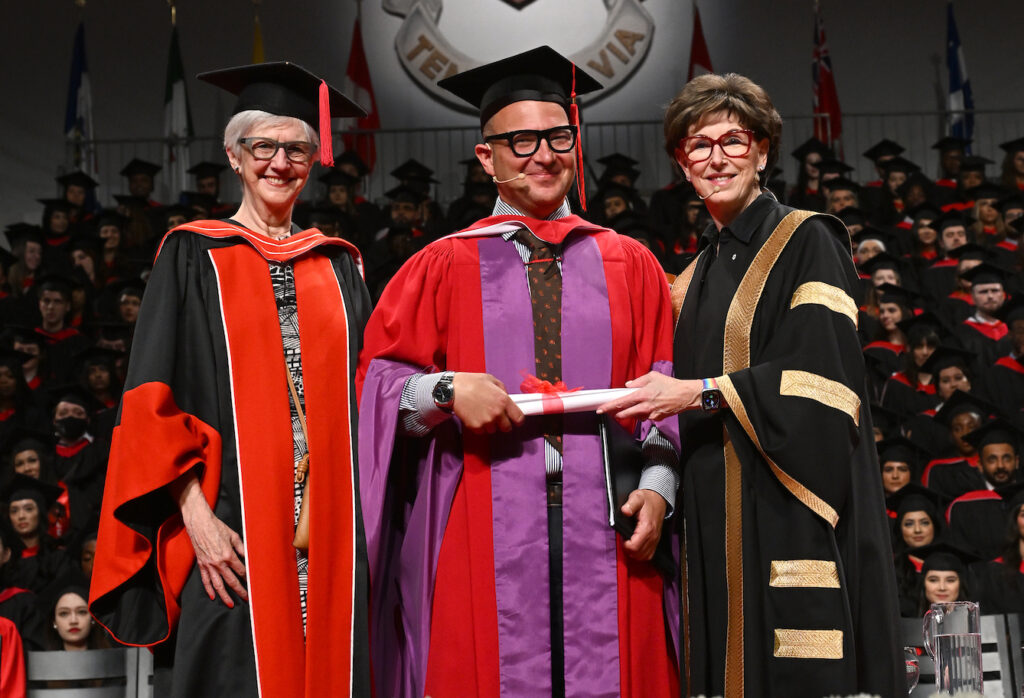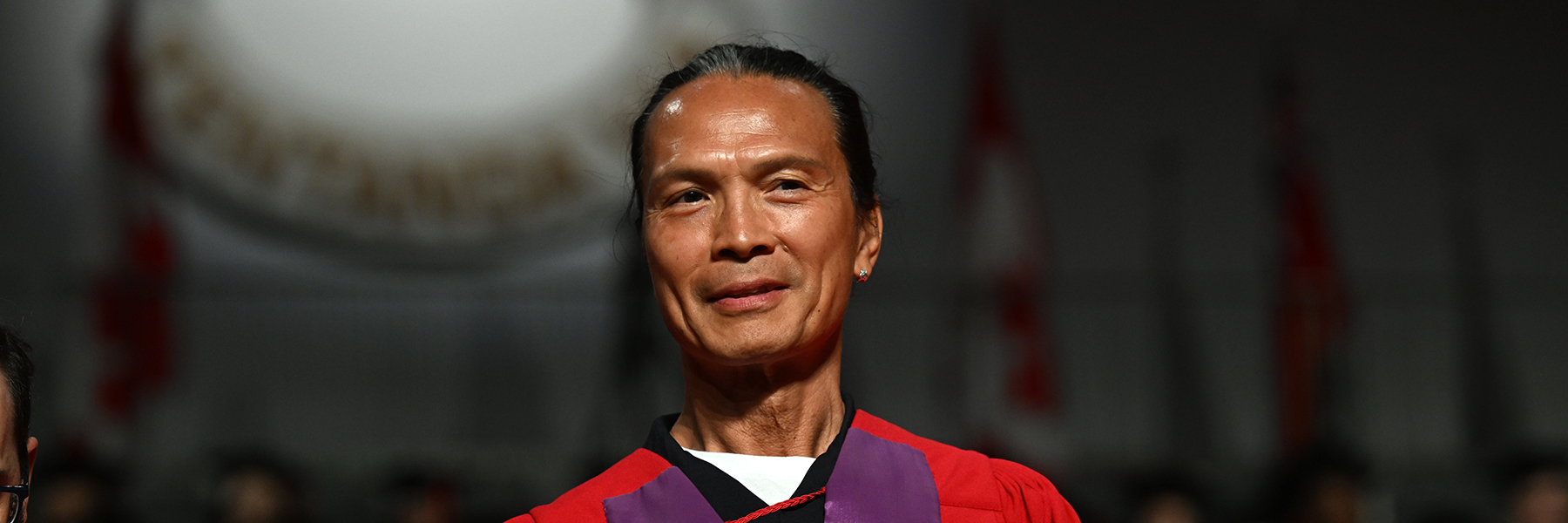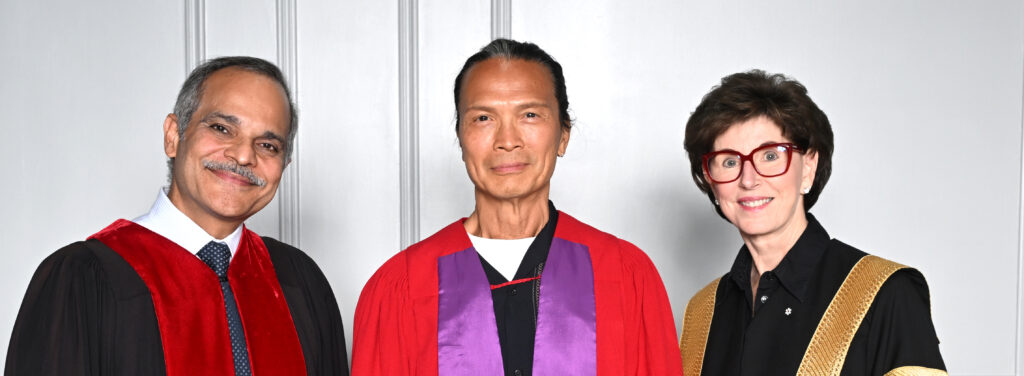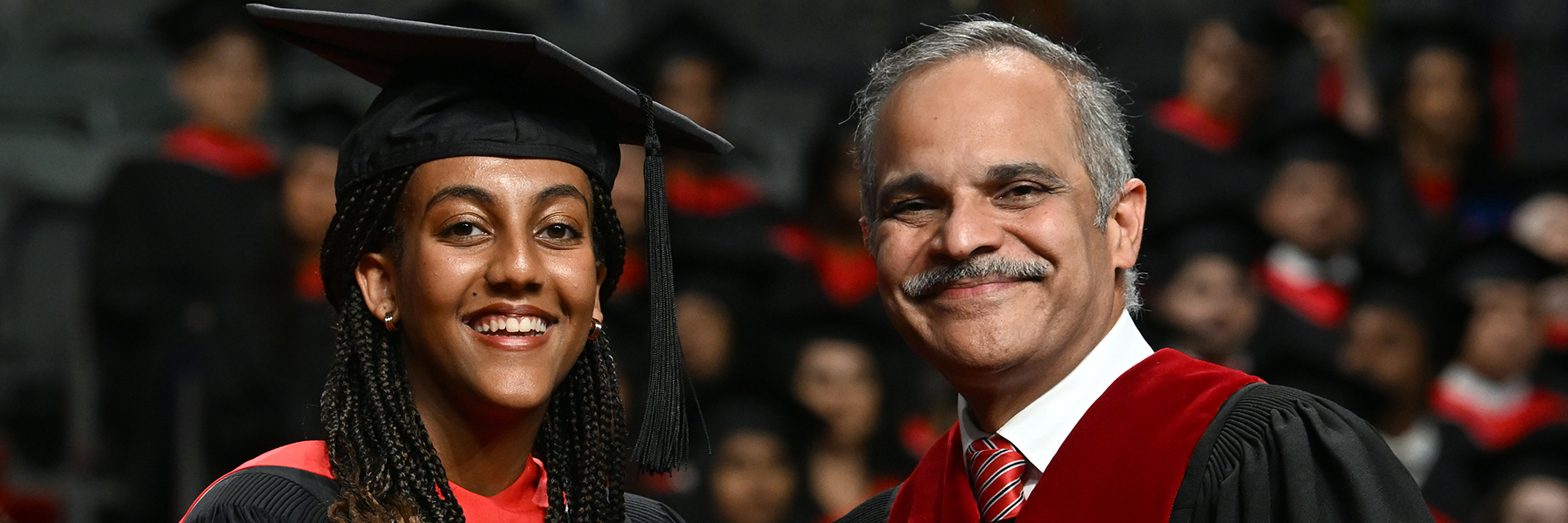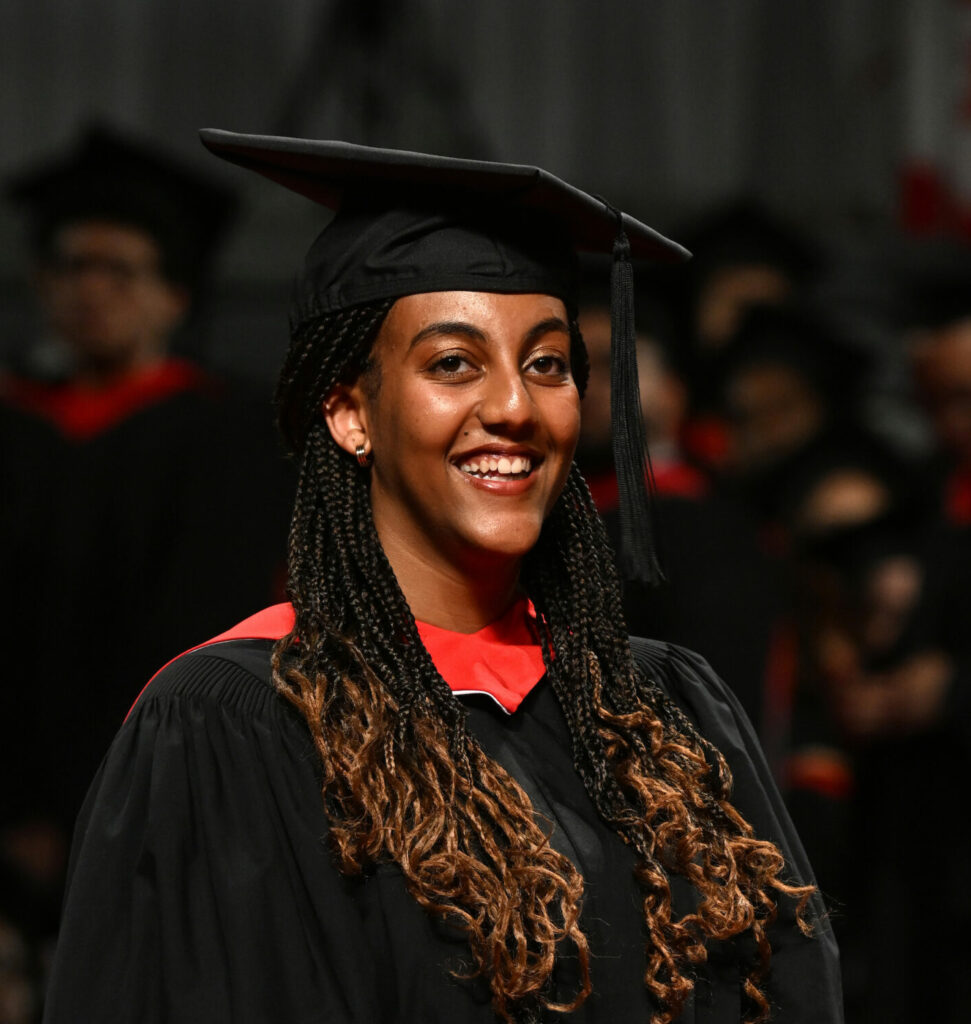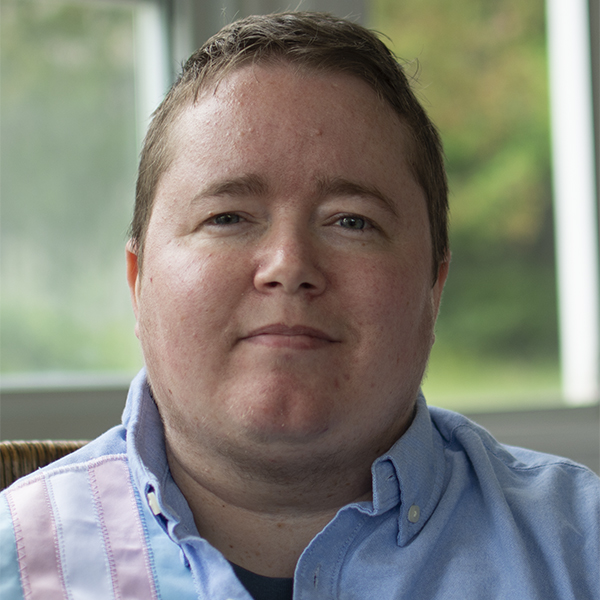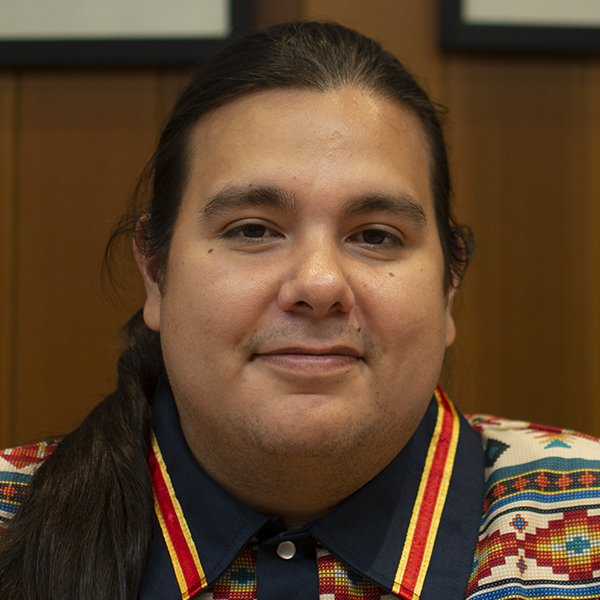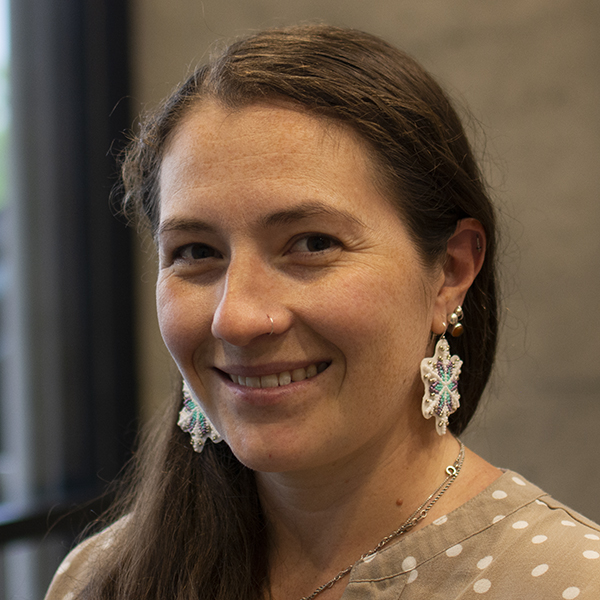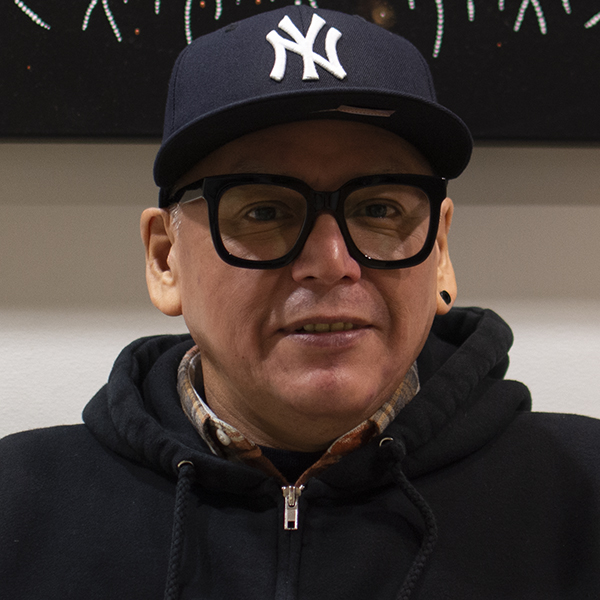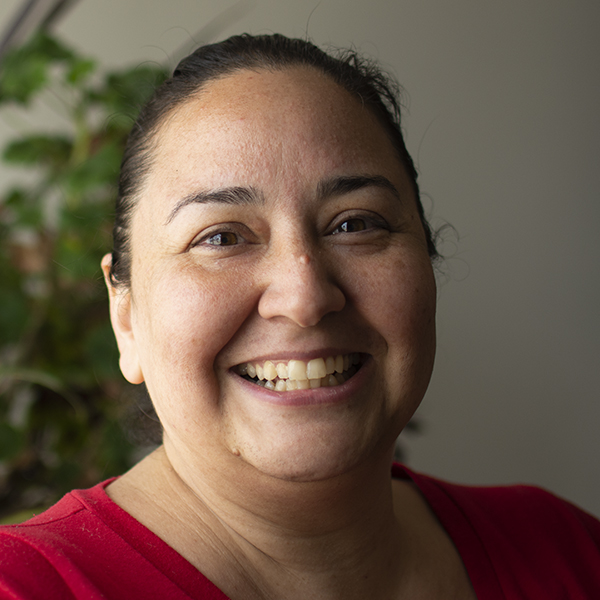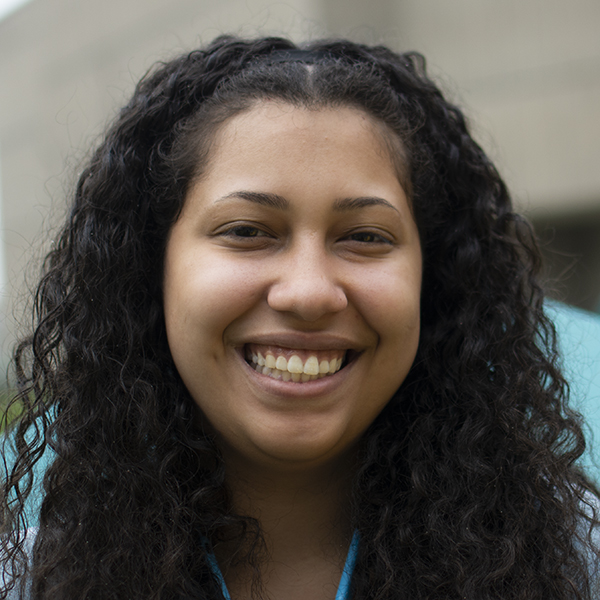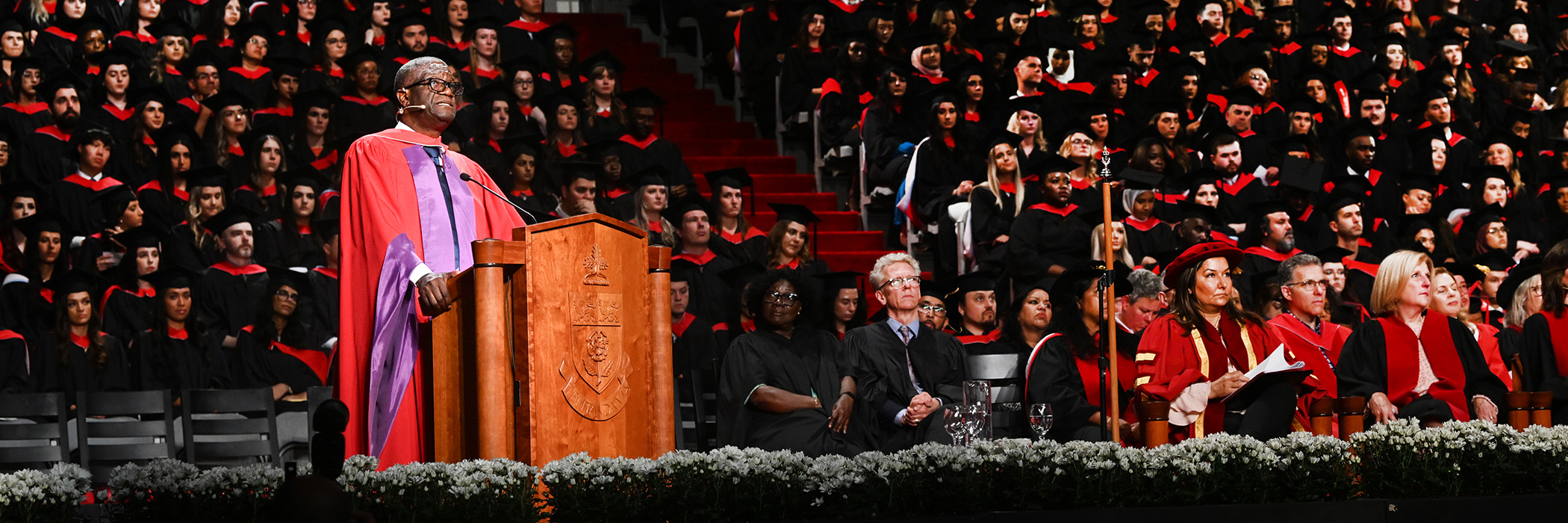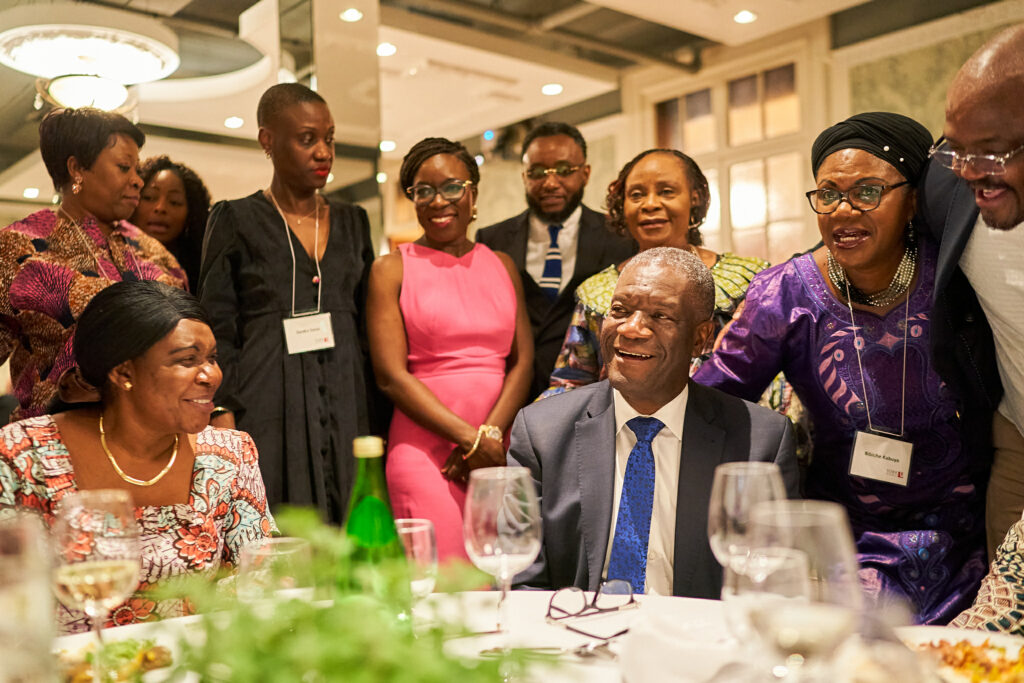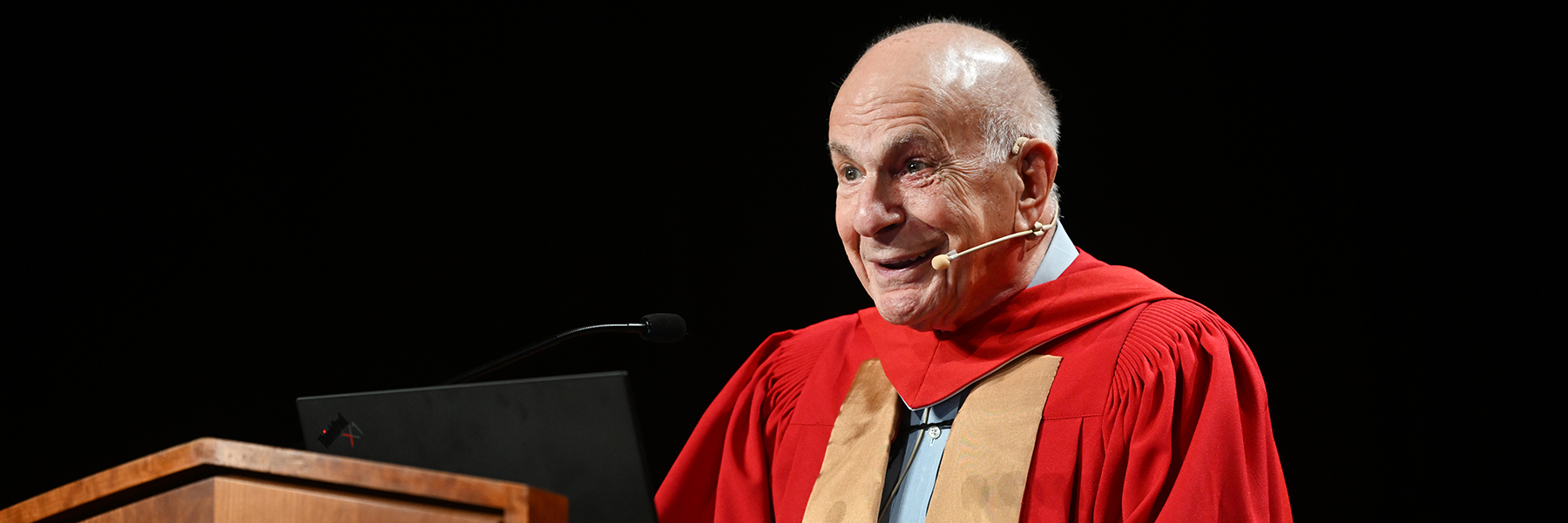Coming from Winnipeg, Man. to recieve an honorary degree, Canadian trailblazer in the social enterprise sector Shaun Loney shared words of inspiration to the fourth and final cohort of graduands in the Faculty of Liberal Arts & Professional Studies (LA&PS) on June 21.
Loney, who has co-founded a dozen social enterprise non-profit businesses now operating in six Canadian cities and six First Nations, was recognized by York University with an honorary doctor of laws.
Before being called to receive his degree, Loney was introduced by LA&PS Dean J.J. McMurtry as a social entrepreneur that “uses business to resolve social and environmental challenges.”

As director of energy policy for the government of Manitoba, he worked to expand renewable energy and energy efficient projects far ahead of many provinces, and it was here, said McMurtry, that Loney discovered he could “make a difference by providing solutions and making change at grassroots levels.” He co-founded BUILD, a company that looked at better insulation and water solutions for homes with a mandate to break down employment barriers for Indigenous people and those with criminal records.
“His life’s work demonstrates a commitment to values shared by York University and expressed by our motto, Tentanda Via,” said McMurtry.
Loney opened his remarks with a story from a decade ago, when he was protesting before the Manitoba legislature “giving the politicians heck for making it hard for people with criminal records to get back on their feet.” He was there – along with a host of ex-gang members looking for equal access to employment – to share information about BUILD, when Loney heard his name called out from above.
Trying to discern who it was, he heard the call again, and then with urgency, a third time.
He looked up to see a former coworker, Bruce Carson – a man with a massive criminal record – on the roof of the legislature, wearing a hard hat. Loney had last seen Carson in his office of BUILD, when he shared he got a job, was renting a home and was getting his children back.
“And this is the kind of Canada that we all desperately want to live in,” said Loney.
Up on that roof, Carson had a job with a construction company that was fixing the roof of the legislature. Loney recalls Carson hollering down that day, asking “What are you doing down there?”
Since then, Loney has contemplated this question and asked graduands to do the same.
“What are you doing down there? What are we doing down here? What are we doing down here? What is the purpose of our lives?” he posed. “I have to admit, I’m a little envious of all of you all. You’re graduating at a time when problem solving is going to come to be a thing.”
His generation, he said, was focused on managing problems – not solving them – and now is the time for innovative thinking on issues like poverty, climate change, health care and education.
Today’s generation, he said, has the courage to do things differently and to chart new approaches. With so many issues to address, he said, it’s important to build love into careers, relationships and work.
“Then you’ll have achieved what success really looks like,” he said. “And when you build love and everything you do, maybe you’ll have an answer to the question, ‘What are you doing down here?'”


